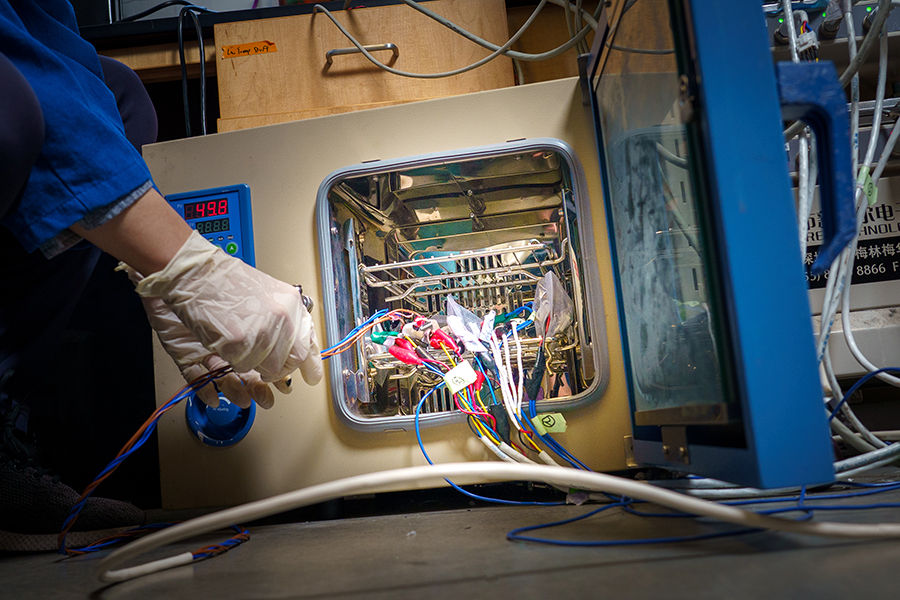Extraordinary Life of Marie Curie: A Trailblazing Scientist
- Nicholas Yoo
- Nov 18, 2023
- 2 min read

In the annals of scientific history, few names shine as brightly as that of Marie Curie. Born Maria Skłodowska on November 7, 1867, in Warsaw, Poland, she would go on to become a pioneer in the field of physics and chemistry, leaving an indelible mark on the scientific community.
Marie Curie's early life was marked by adversity. Growing up in a politically tumultuous period in Poland, her thirst for knowledge was unquenchable. Despite facing numerous challenges, including the death of her mother and sister and financial constraints, Curie pursued higher education with unwavering determination.
In 1891, she moved to Paris to continue her studies at the Sorbonne, where she met and later married fellow scientist Pierre Curie. This partnership not only transformed her personal life but also laid the foundation for groundbreaking scientific collaborations.
Marie Curie's first major breakthrough came in 1898 when the couple discovered the elements polonium and radium. This groundbreaking work earned them the Nobel Prize in Physics in 1903, making Marie Curie the first woman to receive a Nobel Prize. Not content with this achievement, she later won a second Nobel Prize, this time in Chemistry in 1911, for her research on radium and polonium.
Her tireless dedication to science extended beyond accolades. Curie's work in the field of radioactivity laid the groundwork for advancements in medical treatments, particularly in cancer therapy. Her pioneering efforts in the face of societal norms that marginalized women in science made her an inspiration to countless aspiring scientists.
Tragedy struck in 1906 when Pierre Curie died in a tragic accident, leaving Marie a widow with two daughters. Undeterred, she continued her scientific pursuits, becoming the first female professor at the Sorbonne and leading the way for women in academia.
During World War I, Curie's scientific acumen was put to practical use as she developed mobile radiography units, earning her the nickname "Madame Curie, the Radiologist." Her selflessness and commitment to helping others showcased the humanitarian side of this remarkable scientist.
Marie Curie's legacy endures not only in the scientific breakthroughs she achieved but also in her impact on gender equality in the sciences. Her pioneering spirit opened doors for future generations of female scientists, proving that brilliance knows no gender.
On July 4, 1934, Marie Curie passed away from complications related to exposure to radiation—a consequence of her relentless pursuit of knowledge. Her legacy lives on in the countless lives she touched, the scientific discoveries she made, and the doors she opened for women in science. As we celebrate the remarkable life of Marie Curie, let us be inspired by her courage, perseverance, and unyielding passion for the pursuit of knowledge.




Comments